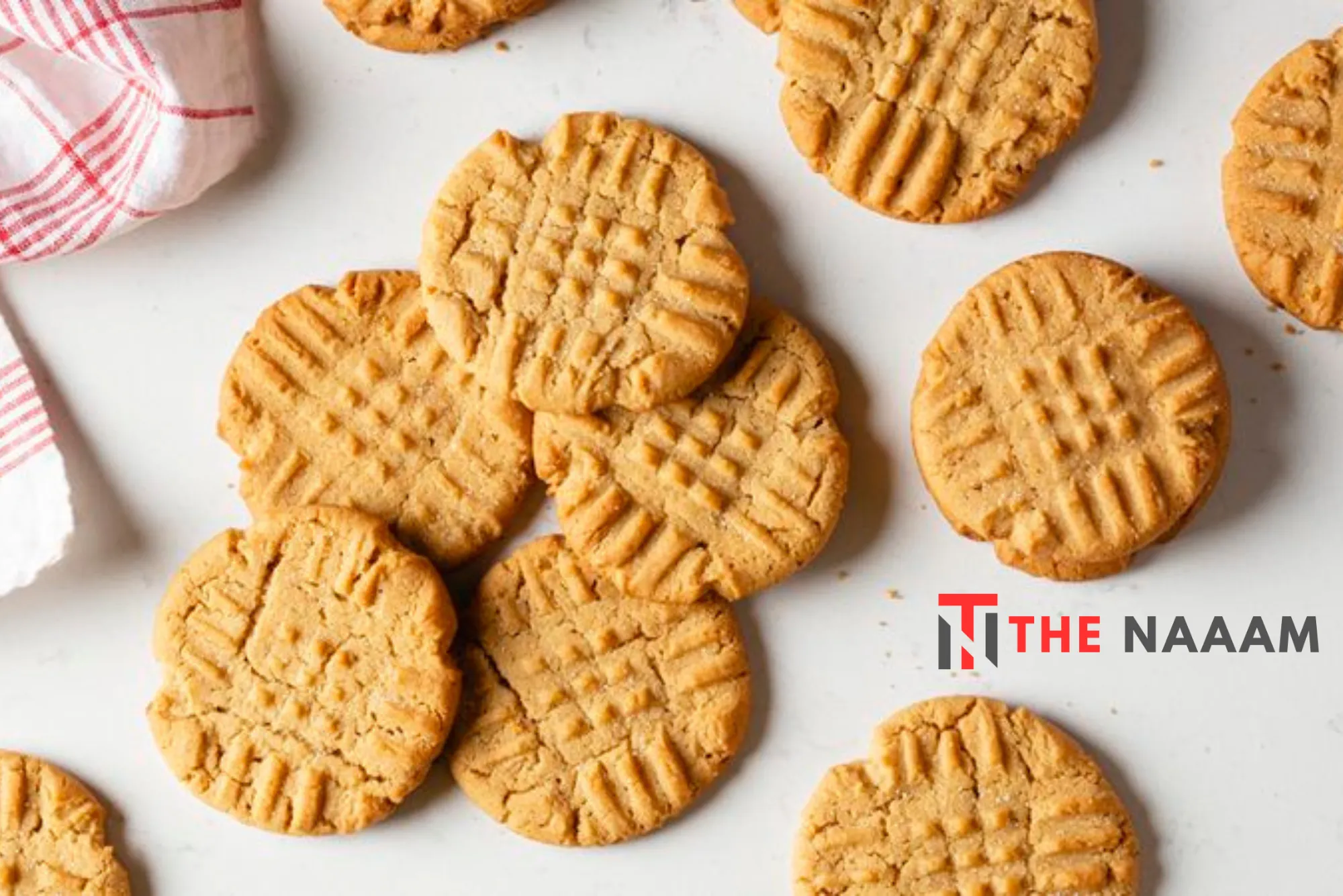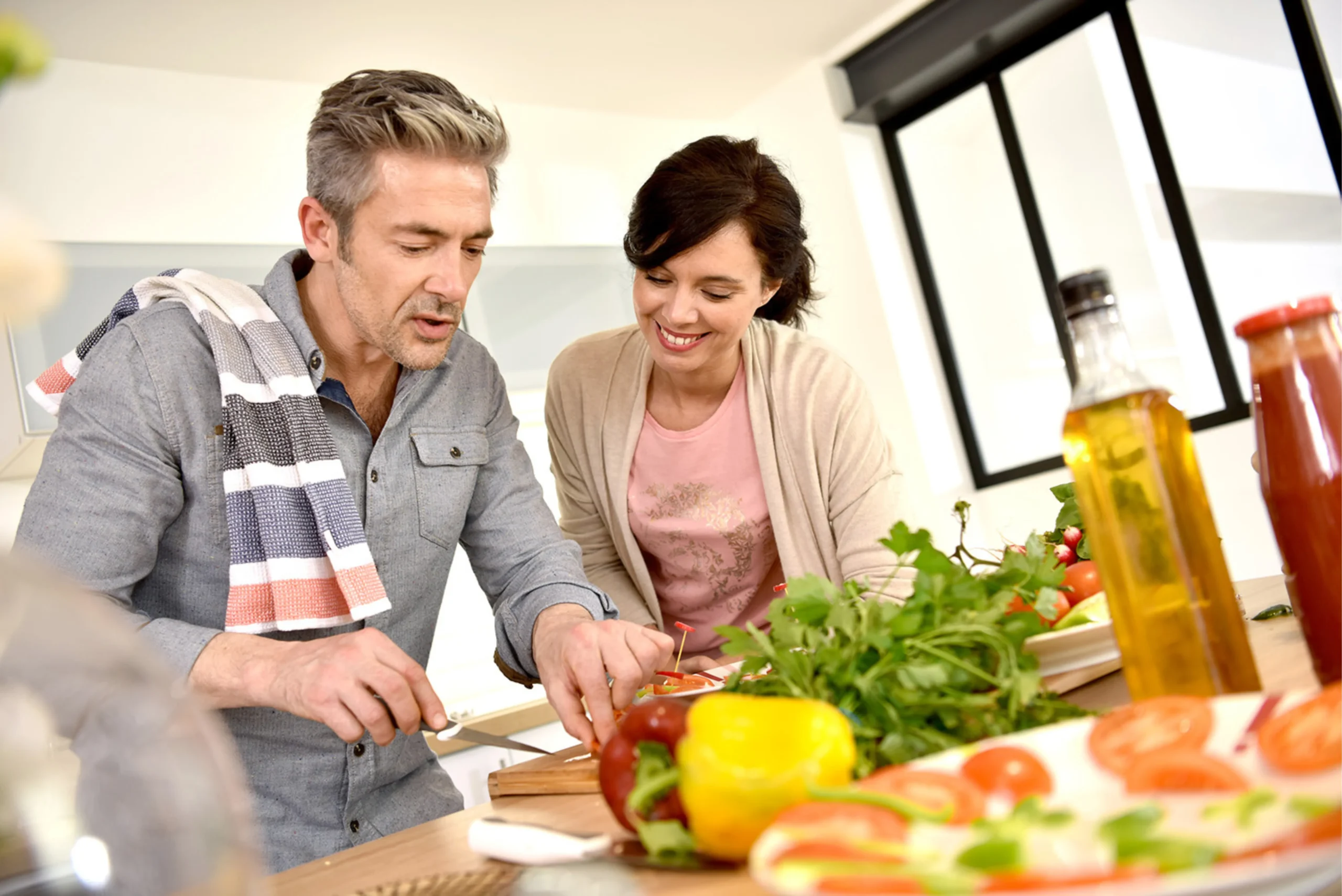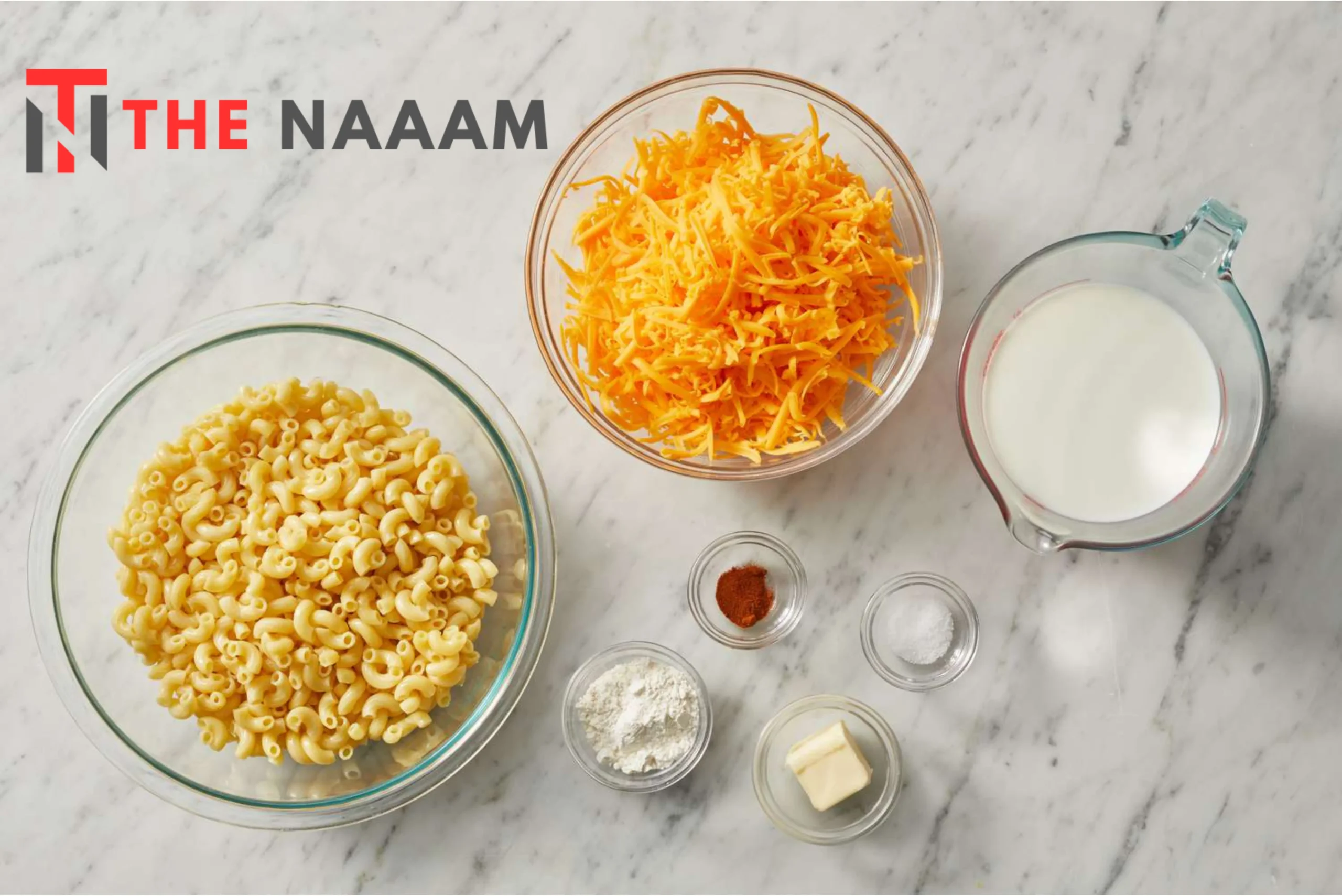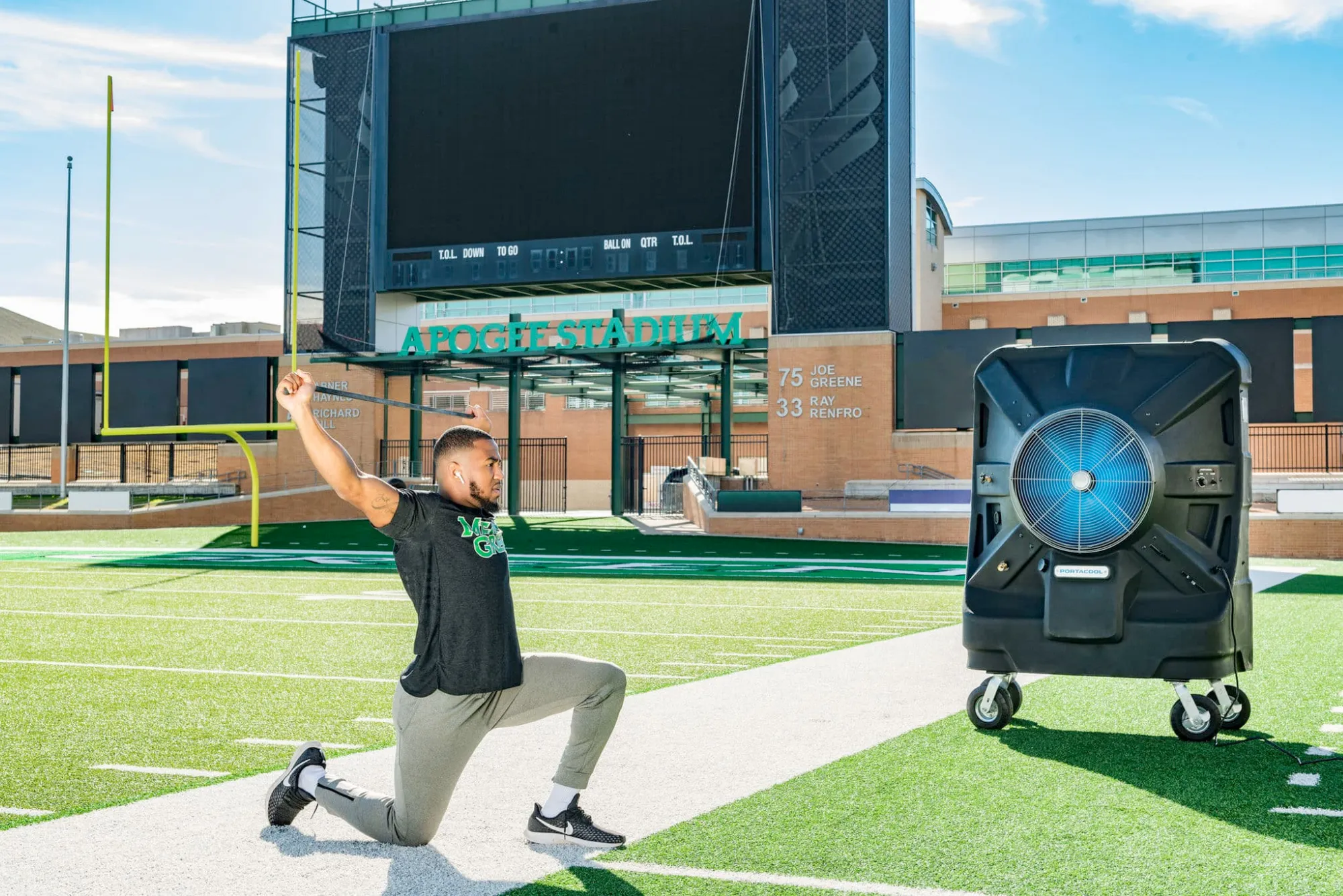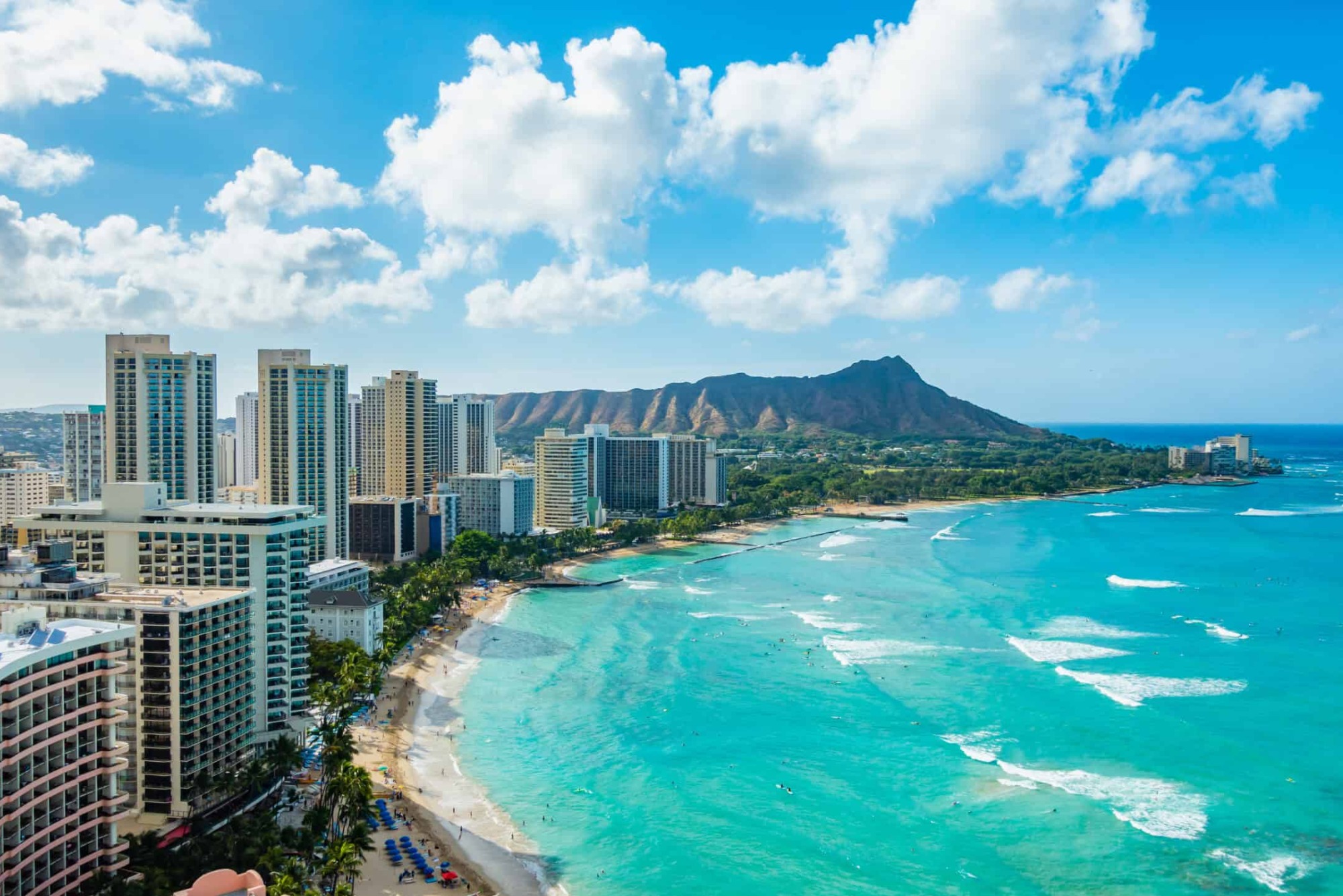Table of Contents
ToggleIntroduction How to Stay Cool at Outdoor Sporting Events
Use these professional suggestions to stay cool during outdoor athletic activities. Discover How To Remain Calm During Outdoor Athletic Events? Don’t let the game become too hot while you’re playing! Outdoor sports events provide an unmatched atmosphere as the sun shines and enthusiasm permeates the scene.
The enthusiasm is evident whether you’re taking part in the action personally or supporting your favorite team. Nonetheless, it might be difficult to remain cool under the scorching heat.
We’ll go over practical methods in this tutorial to help you stay cool and enjoy every second of the game without giving in to pain. We’ve got you covered with advice on how to keep cool and comfortable during the event, from sensible clothing selections to appropriate hydration strategies.
Best Strategies for Staying Cool at Outdoor Sporting Events
- Choosing the Right Clothing
The right clothes may make a big difference in how comfortable you are during outdoor athletic activities. To promote ventilation and avoid overheating, use lightweight, breathable textiles like cotton or moisture-wicking materials.
Hydration is your greatest ally.
It’s important to stay hydrated while spending a lot of time outside. Bring a reusable water bottle, and sip on it often to replenish lost fluids from perspiration. Drinking drinks with additional electrolytes may help you stay hydrated.
Making Use of Cooling Attachments
Invest in cooling items like as neck wraps or towels that hold moisture and, when placed over the skin, provide immediate comfort. Throughout the event, keep them close at hand and rehydrate them as necessary.
Astute Shade Seeker
To reduce your body temperature and avoid the direct heat, look for locations with shade. To create your own little haven of cooling, bring along foldable shade options like pop-up tents or umbrellas.
Astute Sun Protection
Use a sunscreen with a high SPF rating to protect your skin from damaging UV radiation. Every two hours, particularly if you’re swimming or perspiring a lot, reapply sunscreen.
Chilling Foods and Drinks
To remain cool from the inside out, eat foods rich in water content, such as cucumbers, watermelon, and salads. Drink something cool to revive yourself, such coconut water, lemonade, or iced tea.
Techniques for Handling the Heat
When the heat becomes too much, take pauses in the shade and use a portable fan or moist towel to cool down. Pay attention to your body’s signals and take breaks as necessary to avoid heat-related ailments.
Mental Calm: Superior Mindfulness
Remain composed and optimistic to handle the heat with elegance. Use visualization methods or deep breathing exercises to help you remain calm and enjoy the occasion.
Cooling Off Periods
Identify the symptoms of heat exhaustion, such as nausea, dizziness, and fast pulse. Move to a cooler location, stay hydrated, and get medical attention right once if symptoms worsen.
Group Cooling
Encourage a supportive environment among participants by sharing cooling supplies and advice. To keep everyone cool and safe, watch out for one another and help those who need it.
Sustainable Cooling Options
To reduce your impact on the environment, choose for eco-friendly cooling solutions like reusable water bottles or biodegradable cooling cloths. Make sure you properly dispose of rubbish and leave no evidence of it.
Remaining Calm Following the Event
Prioritize your recuperation after the incident by resting in a cool place and replacing any lost fluids and electrolytes. To reduce body temperature and ease sore muscles, take a cool shower.
The Way Outdoor Sporting Events Will Be Cool in the Future
Anticipate the introduction of sustainable cooling solutions and wearable cooling devices to improve outdoor event comfort and sustainability via developments in cooling technology.
Distribute gel ice packs.
Giving out gel ice packs may be a useful strategy for keeping people cool during outdoor activities or in hot weather. Gel ice packs are reusable, transportable, and when applied to the skin, they instantly relieve heat.
Whether you’re having a cookout, going to a sporting event, or just spending time in the sun, giving out gel ice packs will improve comfort and help you avoid overheating. To keep attendees, participants, or guests cool and comfortable throughout the day, just freeze the packs before using them.
How Do You Stay Cool At The Ball Field?
There are some similarities between keeping cool outside and staying cool at the ball field. Carry a portable shade option, such as a canopy or umbrella, shield yourself from the sun by wearing sunglasses and a wide-brimmed hat, and reapply sunscreen often. To avoid overheating, drink plenty of cold water and take rests in cool spots.
See Also: Is It OK to Perform on the Street?
The Value of Relaxing Before Engaging in Activities
I want to stress how important it is to include a good cool-down process in our preparation as we get ready for our next activity. Although it’s frequently forgotten, cooling down after physical activity is just as important as warming up beforehand. The following explains why cooling down is so important to our health and productivity:
Avoids Damage
Our bodies may progressively return to a resting condition as we cool down, which helps to avoid injuries. Muscle strains, discomfort, and even more severe injuries may result from stopping physical activity suddenly without giving our muscles and cardiovascular system time to relax.
Encourages Healing
Cooldown exercises aid in the removal of waste products from the metabolism, such as lactic acid, which build up after activity. By lessening muscular pain and stiffness, this encourages a quicker healing process, enabling us to recuperate more rapidly for our next exercise or activity. decreases blood pressure and heart rate
After intense exercise, our heart rates and blood pressure might rise. A thorough cooldown helps to gradually reduce these levels. When blood pools in the lower extremities after vigorous exertion, dizziness or fainting may happen. This steady drop in heart rate and blood pressure helps to lessen that danger.Tips for Remaining Cool During
Outdoor Athletic Events and Increasing Flexibility
Stretching activities may assist increase range of motion and flexibility as part of our cooling regimen. By keeping our muscles and joints flexible and pliable, this may enhance general performance and lower the chance of injury.
Encourages Emotional Calm
We gain mental and bodily health by cooling down. It gives us a break between ramping up our activities and getting back to our regular schedule, which lets us rest and decompress. By lowering tension and anxiety, this mental relaxation may enhance general wellbeing.
How Do You Stay Cool During Sports?
Strategic preparation and enough water are essential for staying cool during sports. Don airy, light garments and think about using cooling items like neck wraps or towels. Make sure to keep hydrated by drinking plenty of water or electrolyte-enhanced drinks, and take regular pauses in shady places.
Air Conditioning Can Improve the Comfort of Your Locker Room
Air conditioning installed in locker rooms may greatly enhance the comfort and health of athletes and gym patrons. It guarantees a comfortable temperature independent of the external environment, lowers humidity, boosts the quality of the air, encourages quicker recuperation, and improves the user experience overall.
Ideas for a Successful Wind-Down Procedure:
Gentle Cardio: To progressively reduce blood pressure and heart rate, include modest aerobic exercise, such as brisk walking or cycling for five to ten minutes.
Stretching Static: Perform stretches that are static and focus on your main muscle groups. Hold each stretch for 15 to 30 seconds without bouncing.
Foam rolling: Concentrating on areas of specific discomfort or tightness, use a foam roller to massage and relieve tension in tense muscles.
Deep Breathing: Focus on taking slow, deliberate breaths while you engage in deep breathing exercises to help you relax and become more mentally peaceful.
In sweltering heat, how can you stay cool outside?
Prioritize seeking shade and dressing in light-colored, loose-fitting clothes made of breathable materials if it’s really hot outdoors to remain cool. Utilize cooling equipment such as cooling cloths or misting fans, and make sure you’re getting enough water to keep hydrated. Steer clear of intense activities during the warmest times of the day and, if you can, take regular rests in air-conditioned areas.
How To Keep Them Cool When It’s Hot Outside
In hot weather, it’s critical for athletes to stay cool for both safety and performance. The following are some methods to assist athletes stay cool:
Hydration: Remind athletes to drink plenty of water before to, during, and after training and tournaments in order to keep hydrated. Make chilled water and electrolyte replacement beverages available.
Shade and Rest Periods: Try to schedule your games and practices during the cooler parts of the day, such the early morning or late afternoon. Give athletes somewhere to rest and cool off in the shade in between events.
Equip athletes with cooling gear, such as neck wraps, towels, and cooling vests that may be cooled or immersed in cold water beforehand. These may provide quick respite from the heat and assist reduce body temperature.
Proper Clothering: To assist control body temperature and encourage sweat evaporation, athletes should wear light, breathable clothing made of moisture-wicking fabrics. Steer clear of heat-absorbing dark hues.
Ice and Cold Packs: During breaks or intermission, players may lower their body temperature by using ice packs or cold cloths. It may also be beneficial to apply cold compresses to pulse sites such as the neck, wrists, and temples.
Misting Fans: During breaks or timeouts, install misting fans or provide athletes portable misting devices to cool the air and produce a nice wind.
Heat Acclimatization: Increase the length and intensity of outdoor exercises gradually to help athletes get acclimated to hot temperatures. Give yourself time to adjust before partaking in strenuous activities.
Keep an Eye Out for Heat-Related Illnesses: Inform players, coaches, and trainers about the warning signals of heat-related ailments including heatstroke or fatigue. If someone is exhibiting symptoms, get them to a cooler location as soon as possible, and get medical help if needed.
How Can I Get Outside to Stop Being So Hot?
When it’s hot outdoors, look for shade or, if you can, go inside to a cool place with air conditioning. Use a wet towel or a portable fan to reduce your body temperature and sip cold water or other replenishing drinks. To remain cool in hot weather, steer clear of vigorous activities and wear lightweight, breathable clothes.



